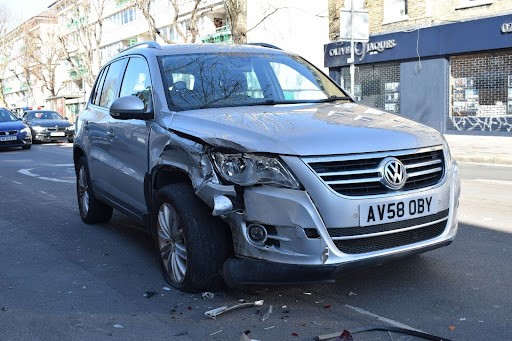 Personal injury laws allow individuals who have been injured due to the negligence of another party to seek compensation for their injuries and losses. Known as ‘damages’, these amounts are intended to cover various aspects of the claimant’s economic and non-economic losses to restore them as close to their pre-accident state as possible.
Personal injury laws allow individuals who have been injured due to the negligence of another party to seek compensation for their injuries and losses. Known as ‘damages’, these amounts are intended to cover various aspects of the claimant’s economic and non-economic losses to restore them as close to their pre-accident state as possible.
The amount of damages a claimant will receive from an insurance company or in a lawsuit will vary depending on the circumstances. According to figures from the Insurance Information Institute, in 2022, the average car accident liability claim for bodily injury was $24,211, and $5,313 for property damage. In this article, we will look at some types of damages that comprise a settlement in car accident claims.
Medical Expenses
Individuals who have been involved in a car accident can often suffer mild to severe injuries, resulting in them incurring certain medical expenses. These typically include the following:
- Ambulance fees
- Surgeries
- Hospital stays
- Medication
- Medical accessories such as crutches or wheelchairs
- Rehabilitation
Undergoing a medical examination immediately after a car accident is essential for ensuring a claimant’s physical well-being but also for accurately assessing the amount of damages they should receive relating to their medical treatment.
Lost Wages
Following a car accident, a claimant may require time off work to recover and to attend medical appointments or rehabilitation. In some cases, their injuries may prevent them from returning to work, severely impacting their earning ability.
Damages in a car accident claim may compensate claimants for their past lost wages as well as their lost future income, taking into account factors such as the claimant’s age, occupation, skills and life expectancy.
Pain and Suffering
A claimant may also sue for pain and suffering following a car accident. This term encompasses both the physical pain and discomfort associated with their injuries as well as the mental anguish and emotional distress they suffer as a result.
When a court or insurance company assesses damages for pain and suffering, they will typically take into account factors such as the nature and severity of the claimant’s injuries and the duration of time they are likely to experience it.
Loss of Consortium
This term refers to the loss of companionship or affection a claimant may experience following a car accident. Damages for loss of consortium take into account the impact the claimant’s injuries have had on their personal relationships, with the aim of quantifying this loss.
The definition of loss of consortium can vary between states, referring to either the inability to maintain normal sexual relations with a spouse or partner or more broadly, to a loss of emotional support and affection between family members.
Property Damage
A claimant may also receive damages to compensate them for damage to their property following an accident. This figure may cover the cost of repairing property damage or, if this is not viable, to replace the damaged property based on its market value before the accident occurred.
The types and amount of damages a claimant may be awarded in a car accident claim will depend on a variety of factors including the extent of their liability, if any, and the laws applicable in their state.










